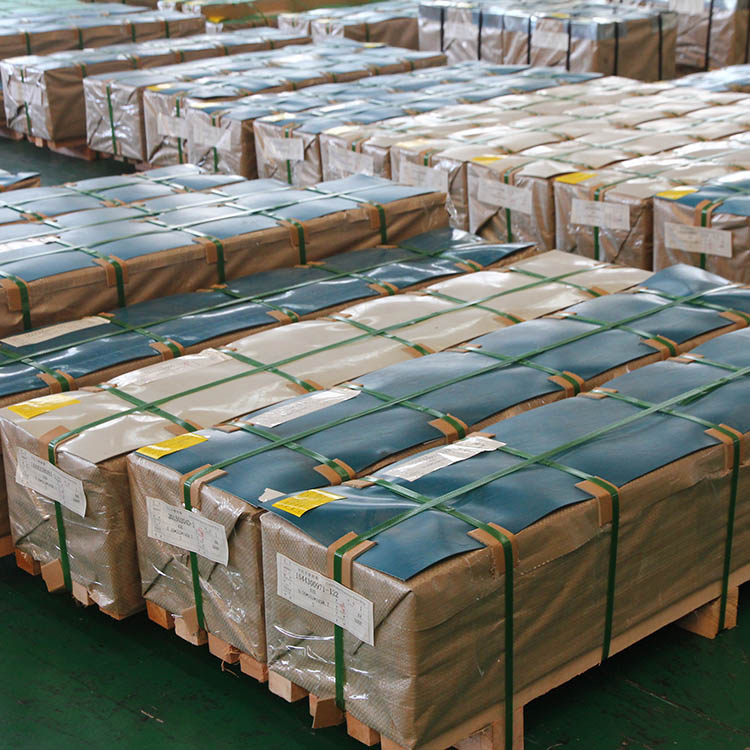

In the food processing industry, stainless steel sheets are widely used in the manufacture of equipment and appliances due to their excellent physical and chemical properties. The requirements for stainless steel plates mainly include the following aspects:
Corrosion resistance: Food processing environments are often exposed to substances such as acids, alkalis, salts and moisture, so stainless steel sheets must have good corrosion resistance to prevent rust or corrosion. Commonly used stainless steel materials such as 304 and 316 stainless steel have strong corrosion resistance, especially 316 stainless steel, which is suitable for environments with high corrosion resistance requirements.
Hygiene: Food processing requires high levels of hygiene standards. The surface of stainless steel sheets should be flat and smooth, without cracks, burrs and dead corners, to avoid food residues and bacterial growth. The surface is usually polished, mirrored, etc. to reduce bacterial adhesion and facilitate cleaning and disinfection.
Antioxidation: Food processing may be affected by high temperature and oxygen, so stainless steel sheets must have good antioxidant properties to avoid oxidation reactions from contaminating or affecting the product.
Mechanical strength and heat resistance: Equipment in the food processing industry often works under high temperature, low temperature or pressure, so stainless steel sheets need to have good mechanical strength, tensile strength and heat resistance to ensure that they are not deformed or damaged during processing.
No harmful substances: Materials in contact during food processing must meet food safety standards and must not contain harmful substances such as heavy metals, lead, cadmium, etc. Therefore, the composition of stainless steel sheets should comply with national or regional food safety regulations.
Easy to process and form: Food processing equipment usually needs to be customized according to specific needs, so stainless steel sheets should have good processing performance and can be formed through processes such as cutting, welding, and stamping, and are not prone to cracks or surface defects.
Wear resistance: In some food processing processes, equipment may often come into contact with hard objects or perform friction operations, so stainless steel sheets must also have a certain wear resistance to extend their service life.
Anti-fouling: The surface of stainless steel should have strong anti-fouling properties to facilitate cleaning and maintenance, and avoid the accumulation of substances such as oil, impurities, etc.
Compliance with standards and certifications: In many countries and regions, food contact materials need to comply with relevant food safety standards and certifications, such as FDA (U.S. Food and Drug Administration) certification, LFGB (German Food Code) certification, etc.
In short, the food processing industry's requirements for stainless steel sheets combine corrosion resistance, hygiene, mechanical strength, and easy processing to ensure the safety, hygiene, and efficiency of the processing process.
